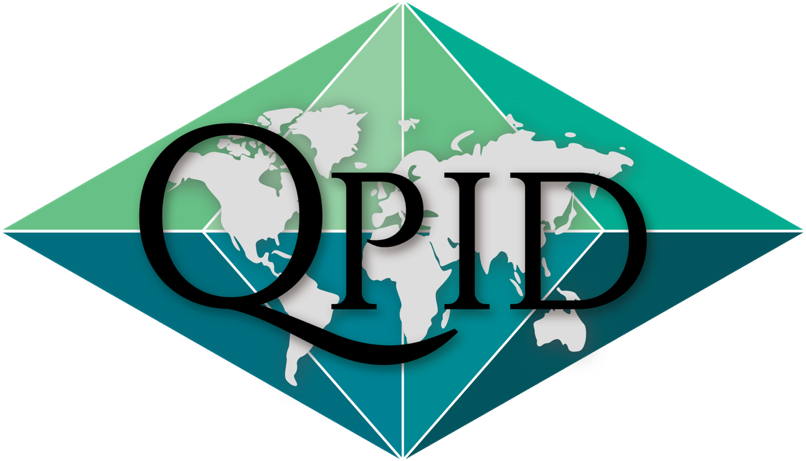Getting to Know QHO: Discussing the Ethics of Development
One of the most important pillars of development is without doubt the assurance that a community is equipped with the knowledge and resources to sustain their healthcare. From the implementation of health education programs to the ensuring that the entire community has access to medical facilities. Queen’s Health Outreach (QHO) is a Queen’s student-run initiative that works both locally and internationally to promote health through peer education. QHO strives to uphold ethical standards when interacting in communities, and aims for sustainability by working with likeminded organizations.
QHO operates internationally in places such as Belize, Guyana, Kenya, as well as locally in Kingston, Fort Providence in the Northwest Territories, and parts of Northern Ontario and Quebec. QHO works to target the specific needs of the community and to structure the peer-based education to allow the community to gain knowledge in relevant health topics.
The process of entering and eventually exiting a community can be a potential threat to the community’s development of their own practices for sustaining themselves. For this reason, it is important for development groups and projects to have a set of ethical codes, both for the mission statement of the overall group, as well as an intended goal with outlined limitations. Samantha Nutt, author of the novel Damned Nations: Greed, Guns, Armies and Aid, warns of the practice of entering into developing nations and disrupting a community for the sake of delivering short-term, unsustainable aid:
“These are the vestiges of neo-colonialism, cloaked in altruism…. precisely why these appeals are highly effective”.
Nutt’s argument is one that outlines exactly what organizations such as QPID and QHO aim to avoid, which is embarking on projects without realizing the possibility that their actions could have possible negative impacts if there is not a dialogue between facilitators and the community. It should be understood that the community members likely know what they need, and it is only a matter of assisting them in creating and accessing the right resources— as opposed to interrupting a community’s pre-existing practices to try and change their structure.
Instead, open communication is essential when deciding what the community needs for a sense of sustainability to be reached, at which time it is appropriate for an organization to withdraw. This communication includes organizations outlining what role they intend to play in programs being implemented, and understanding the extent to which the community wishes to engage with the organizations. The end result is stability (and ideally, prosperity) in the community, and sustaining the goals long-term. I leave you with the Chinese proverb: “If you give a man a fish, you feed him for a day—if you teach a man to fish, you feed him for many days.”
For more information on Queen’s Health Outreach:

